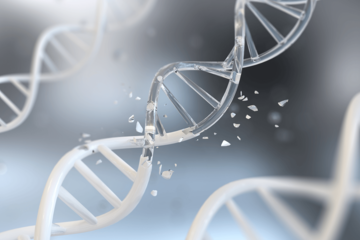the expermental period, dissolved oxygen in ponds' water was significantly improved, while ammonia, nitrite, and nitrate levels were significantly lowered by water additives as compared to the control group. Compared to the control group, yeild, specific growth rate, and total feed intake were significantly improved, while feed conversion ratio was not significantly changed among different treatments. Significant (p < 0.05) increases in villus height/width, and the absorption area was observed in groups that received water additives.
Hematological parameters (counts of white blood cells and red blood cells as well as hemoglobin and hematocrit levels) significantly (p < 0.05) increased in probiotic-treated groups. In similar trends, antioxidant (superoxide dismutase and catalase activities) and immunity (total protein, globulin, immunoglobulin, and lysozyme activity as well as activities and index of phagocytes) were significantly enhanced in the groups treated with water probiotics. Overall, our results show that water probiotics in the current study were beneficial for reducing the nitrogenous compunds in ponds'water and improving the production efficiency, gut microbiota, antioxidant and immunological responses of Nile tilapia.




